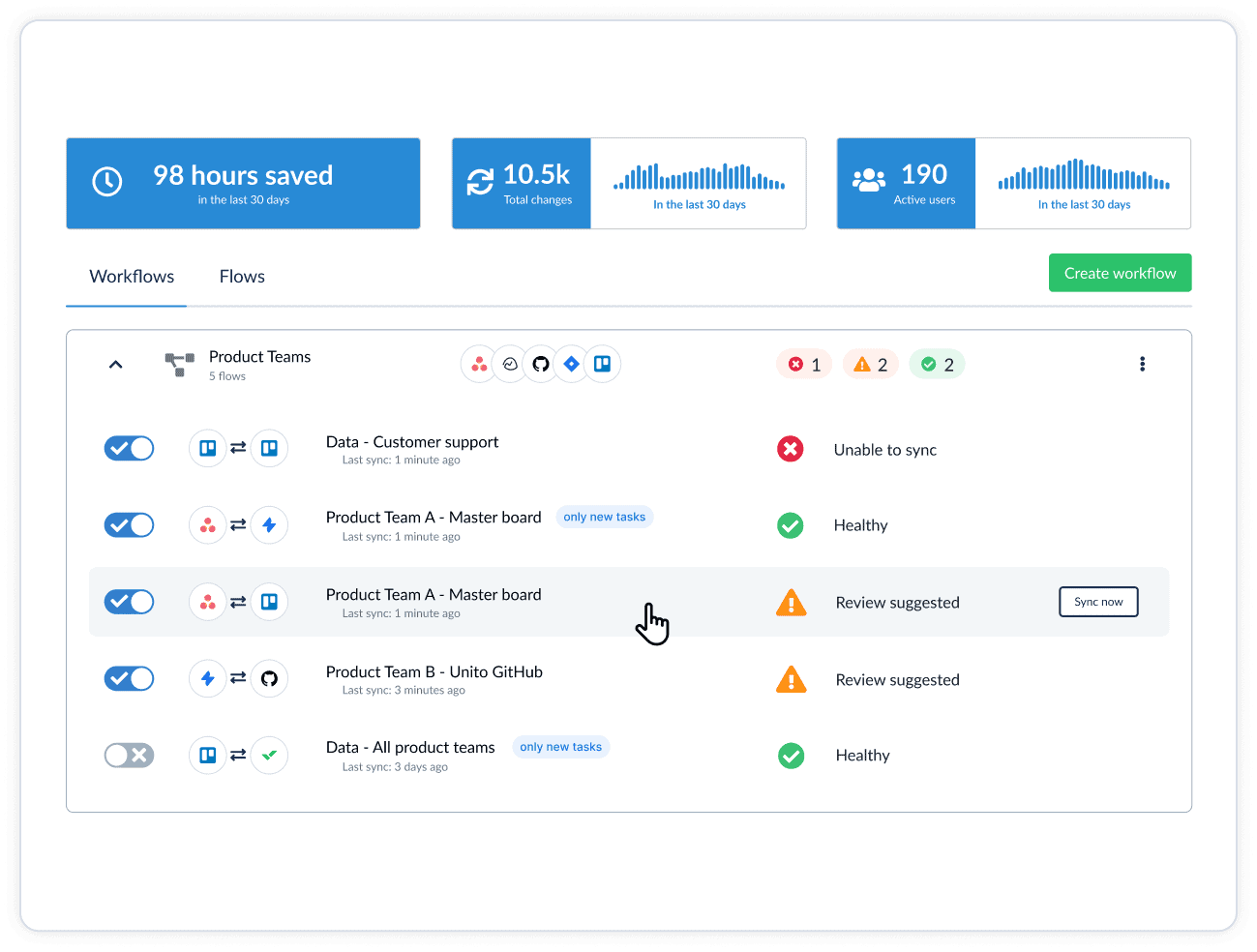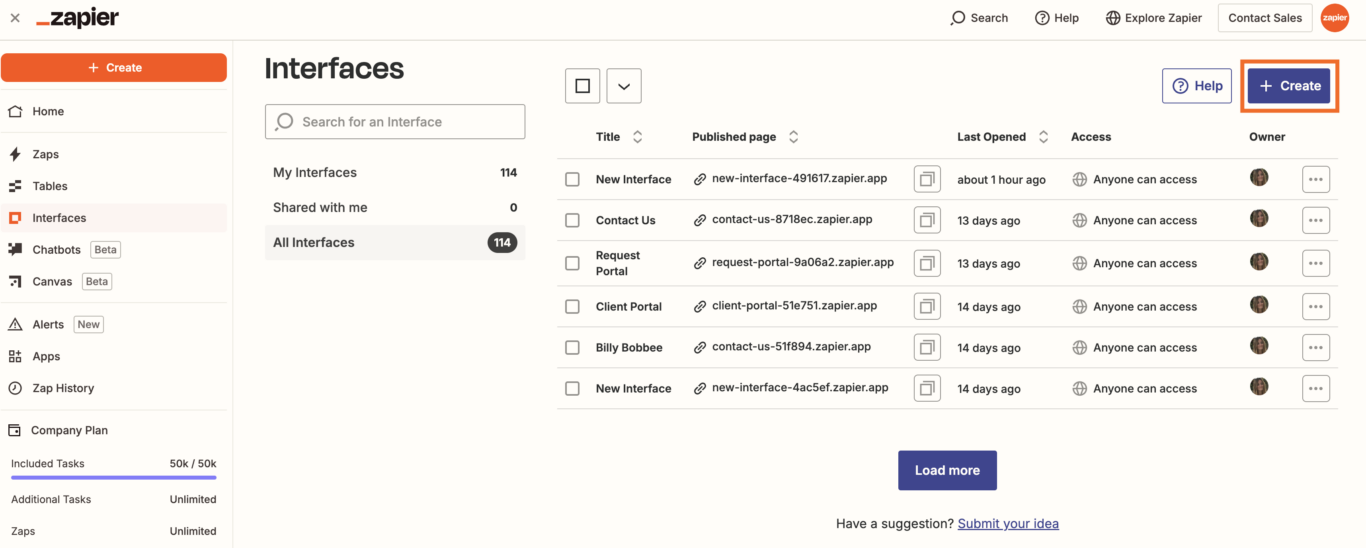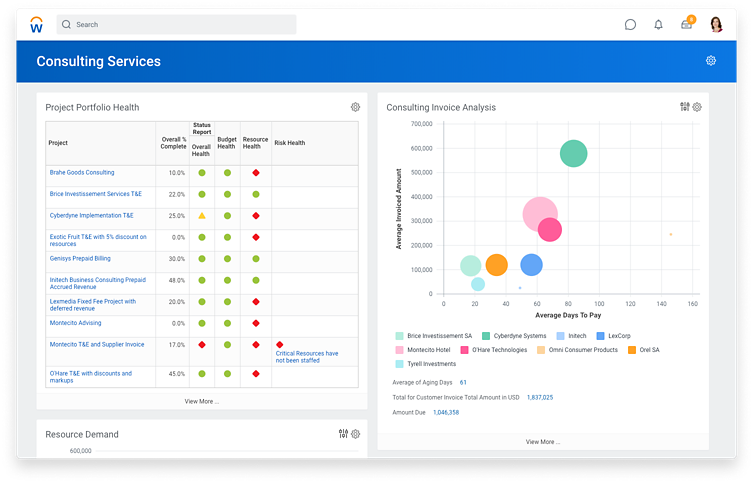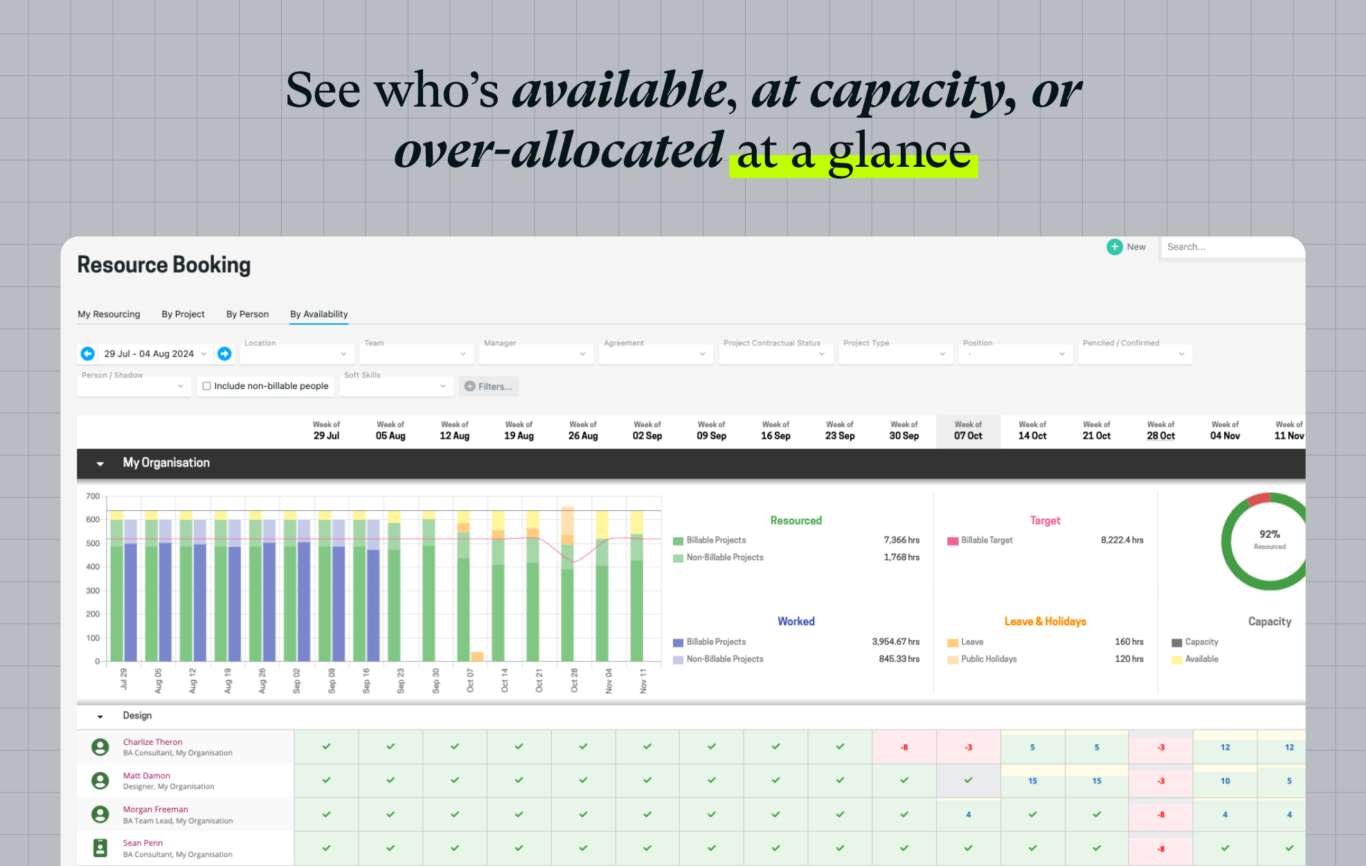The 4 Best Examples of Professional Services Automation Software
Professional services firms work with tight profit margins and every optimization they can apply to their operations has a direct impact on these margins. That’s why having a professional services automation software (PSA) is an essential part of setting up your firm’s tech stack. These platforms can make the difference between smooth client onboarding and long, unproductive back and forths. They can unlock new collaboration opportunities between teams, streamline delivery, and a lot more.
Here’s a breakdown of this essential software category.
Why do professional services firms need automation software?
While every organization can benefit from the right automation software, professional services firms see a direct link between automation and their bottom line. Their profitability is tied to how efficiently they can move from acquiring a new customer to delivering their service. Any hiccups along the way reduce their profitability, meaning there’s an enhanced focus on closing gaps between tools, streamlining project management, and accelerating project delivery. That’s why PSA software is so essential. Every bit of manual work eliminated and every piece of data automatically carried through a workflow leads to cost savings and more profits down the line.
Professional services automation software vs. software integration
Software integration tools are commonly used by organizations to close the gaps between tools and keep data flowing freely between them. This is a similar goal to professional services automation software, and many integration platforms can serve a dual role as PSA software. On the other hand, dedicated PSA software might work similarly to a project management tool, billing solution, and resource management platform all rolled up into one.
The 4 best professional services automation platforms
There’s a lot of variety in professional services automation software, from platforms that close the gap between other tools and those that centralize all your operations. Here are some examples of the best PSA solutions from both of these categories.
Unito

Unito is a 2-way sync tool with some of the deepest integrations for popular tools in professional services, from project management tools like Asana to customer relationship management platforms like Salesforce. These integrations build two-way relationships between the work items in these tools, meaning data is automatically pushed from tool to tool as you work. No matter which platform your teams are working in, they’ll always have the latest data on hand. This accelerates everything from onboarding new customers to delivering your services, protecting your profit margin and preventing costly errors.
Most PSA software uses one-way automation to integrate tools, which can be artificially limiting. Actually building beginning-to-end integrations, which carry essential data through every stage of your workflow, is increasingly complicated the more tools you have and requires frequent troubleshooting.
With a 2-way sync supported by Unito, you can achieve the same thing with less maintenance, a quicker deployment time, and fewer technical resources. Unito integrations are already used widely for data migrations, consulting, and sales operations.
Using Salesforce in your firm?
See what Unito can do with our free 15 Ways to Integrate Salesforce in Real-Time ebook.
Zapier

Zapier is one of the most popular automation platforms on the market for just about any use case, from professional services to revenue ops and project management. Its automations have one primary advantage setting them apart from other PSA software: they’re incredibly easy to set up. Even if you don’t have internal IT resources, you can easily get your first Zapier automation set up in just a few hours.
The main drawback of using a tool like Zapier is that it isn’t suited to setting up workflow-wide automation without some significant time and maintenance investment. Its automations only support basic actions, so actually relying on it to optimize your entire delivery process can lead to some challenges.
Workday

Professional services firms have to manage all sorts of workflows, from staffing to project management and invoicing. While using specialized tools for each of these workflows has its advantages, it can lead to challenges when trying to automate your work. After all, not all integration solutions offer options for all the tools you use. That’s where platforms like Workday come into play.
Workday automates every aspect of delivering your services in a single platform, so you don’t need any integrations. The automation part of professional services automation comes from your day-to-day tasks being automated, rather than the flow of data between tools being automated.
This approach can be more resilient — your workflow doesn’t fall apart if one tool stops working — but it can be limiting. An all-in-one platform isn’t always best suited for individual tasks, and if you had more specialized tools, you’ll lose out on the advantages of having a single platform for all your needs.
Projectworks

What’s better than PSA software that centralizes all your operations? One that integrates natively with other tools essential to delivering your service. Projectworks allows you to reduce your firm’s overhead, increase your margins, and get meaningful data from every task and workflow. You can easily handle every aspect of your work
But if some other tools are absolutely essential to your services, Projectworks will likely integrate seamlessly with them. Examples of these integrations include:
- Jira
- HubSpot
- Quickbooks
- Salesforce
- Xero
Want to see what Unito can do for your professional services firm?
Try Unito for 14 days, absolutely free.


